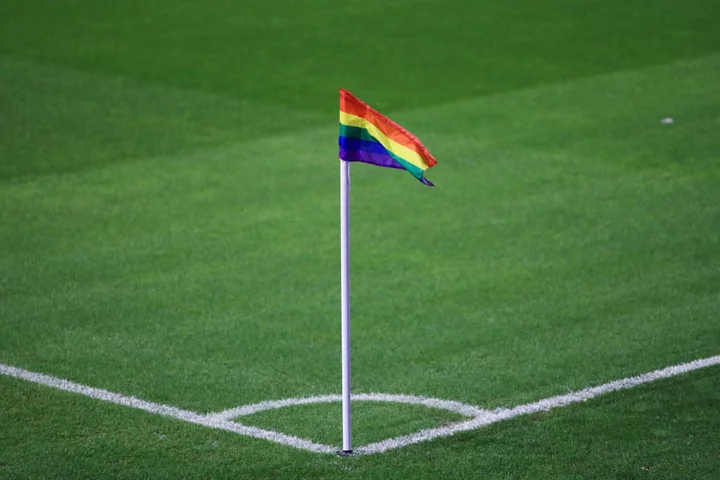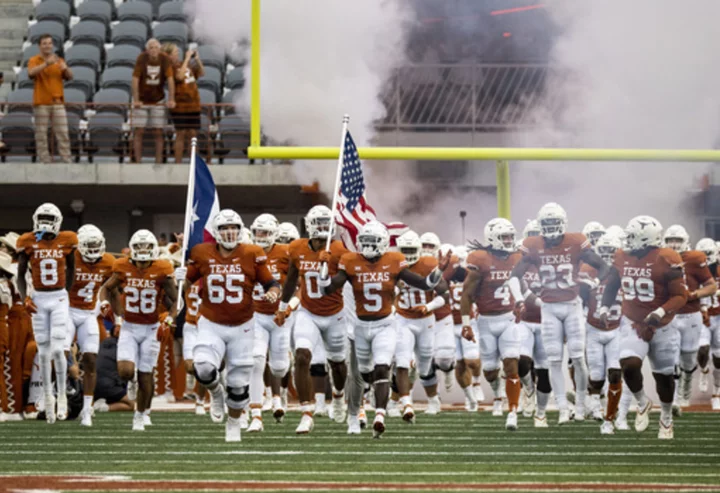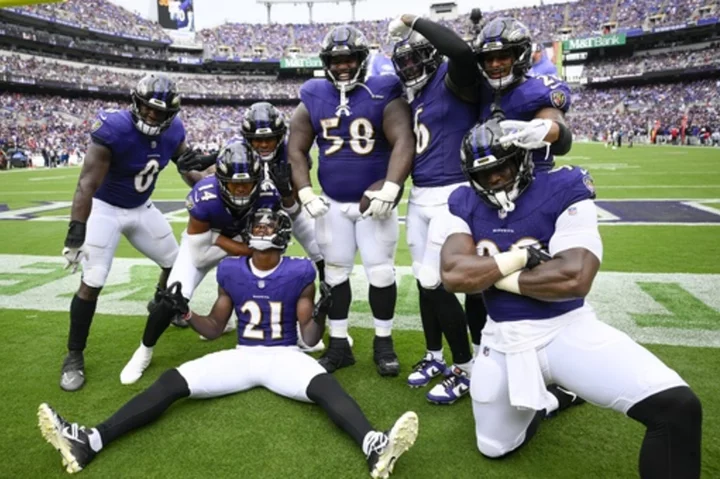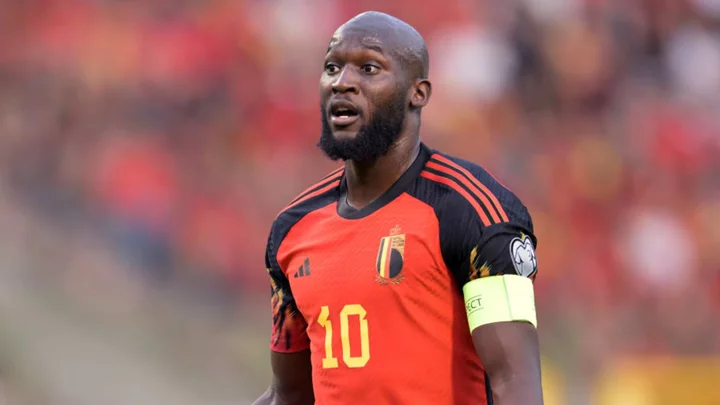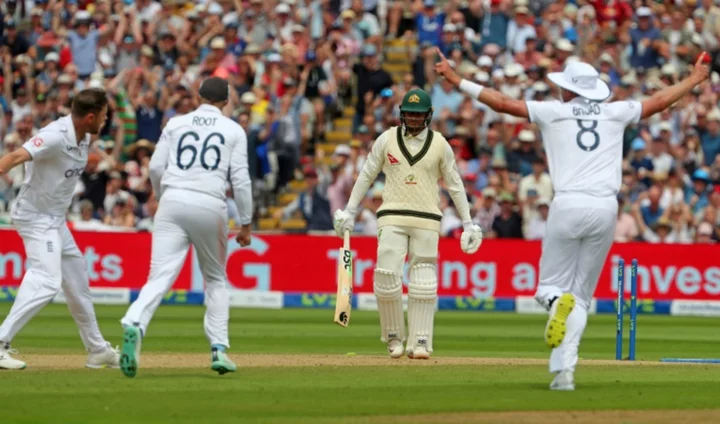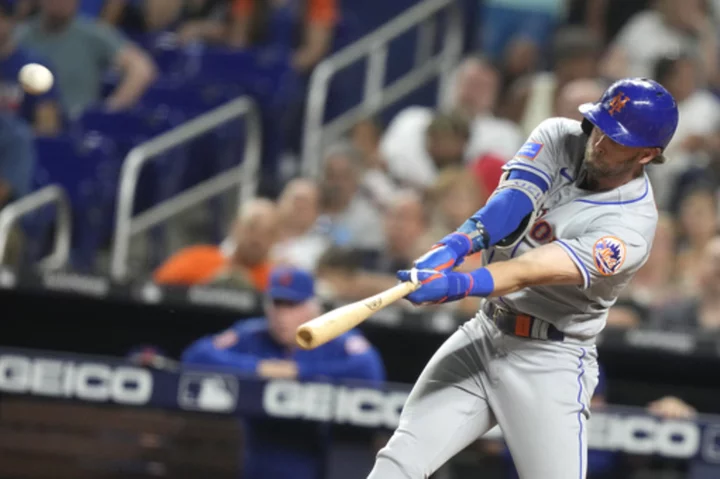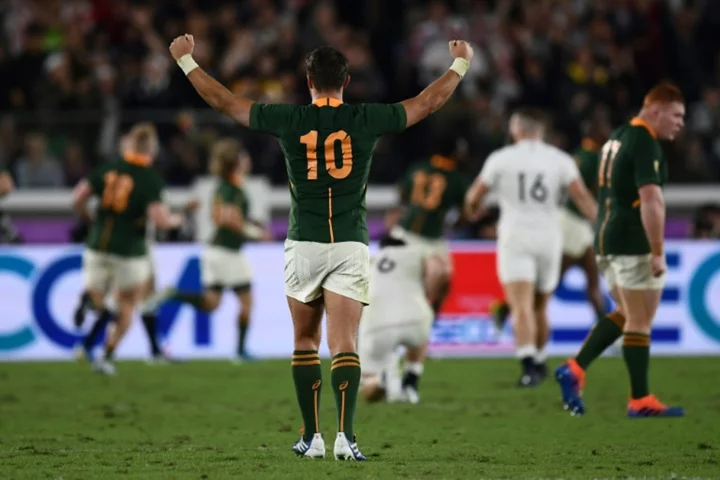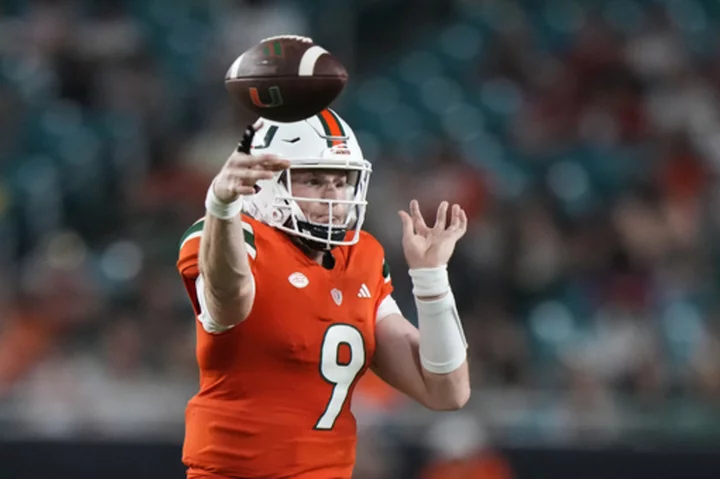Women’s football is continuing to set the standard for inclusivity in the sport as the men’s game lags far behind, according to a player from the London Unity League.
While several of the big-name players preparing for the Women’s World Cup in Australia and New Zealand are openly gay or bisexual, the lack of LGBTQ+ representation in the men’s game is in stark contrast.
Joshua Day, a 30-year-old striker for London Titans in the LUL – a league set up to give members of the LGBTQ+ community a safe environment to play competitive football – had previously been in a professional club’s academy.
He quit, largely due to casual homophobia within the dressing room, and has since come out as gay and found his home in the LUL.
A Chelsea fan, who has previously left matches when homophobic chants have been heard, Day believes the men’s game has a long way to go to catch up with the inclusive nature of their female counterparts.
On Thursday, a Fulham supporter was fined and banned from football for three years after admitting a public order offence relating to homophobic chanting during a match at Stamford Bridge – the latest in a string of similar incidents.
“I think there’s a lot that the men’s game can learn from the women’s game at the minute in terms of inclusivity,” Day told the PA news agency.
“Fans can learn a lot more from fans in the women’s game, too. There is a better vibe, more inclusivity, more acceptance and that is something we need in men’s football.
“Women’s football has players at the very top of the game who are open about their sexuality but that shouldn’t be the catalyst for change in men’s football.
“For me, personally, I’m not even sure that (a top-level men’s player coming out) would change things.
“If you look at the trans movement at the minute, trans people are under so much scrutiny by being more visible and fighting for their rights much more out in the open – that has brought more trans hate than a decade ago.
“Football and sport fits into society and, until we get to a point in society where LGBT people in sport is being much more normalised – and I think that’s why the LUL is really important – I’m not 100 per cent convinced that would mean fans chanting or tweeting homophobic abuse would stop.”
Day was part of a Nike advertisement campaign ahead of the Women’s Euros won by England last summer – it was the first time the company had included a gay kiss in an advert, with the online backlash against Day and Nike leading to the comments section being disabled on the post.
Rather than having players come out, Day feels having more visible allies for potential LGBTQ+ professionals is key.
For me, personally, I'm not even sure that (a top-level men's player coming out) would change things
Joshua Day“Players could do more in the men’s game,” added Day.
“You see the odd interview saying ‘we’d have no issue with players coming out’ but they are few and far between.
“I think if we had more players come out in support of LGBT players, even in lower leagues, the fans are behind players and if players are visibly on board, that’s what I think might help fans change the way that they look at LGBT people in sport.
“I remember my first Chelsea game when I was 13 – at that age, I knew that I was gay, I was just not out and I can remember hearing the chant, and just feeling so withdrawn in myself, and I felt so uncomfortable.
“I never, ever wanted to feel like that again. No-one should feel like that at a football stadium and eventually that fight for equality will be won.”
Read MoreCharity boss speaks out over ‘traumatic’ encounter with royal aide
Ukraine war’s heaviest fight rages in east - follow live
Football rumours: Barcelona looking to reunite with Thiago Alcantara
Denise O’Sullivan not shying away from Republic’s momentous World Cup debut
Rory McIlroy returns to Hoylake looking to end nine-year major drought at Open

